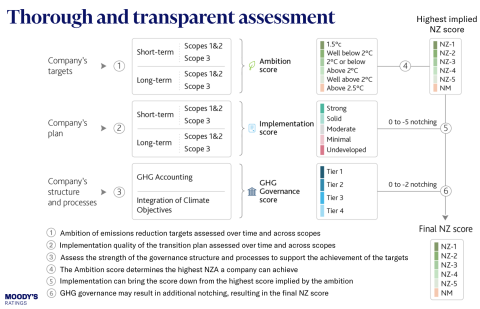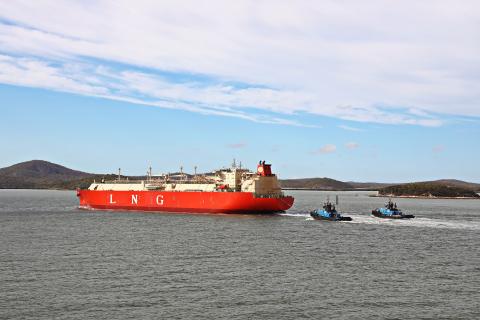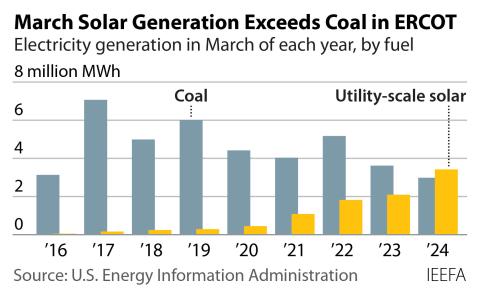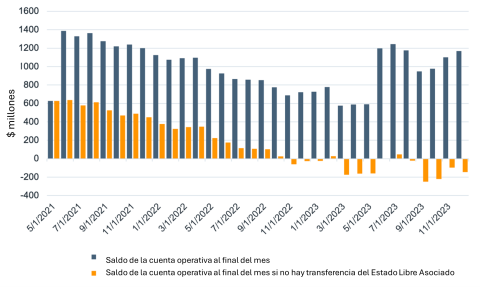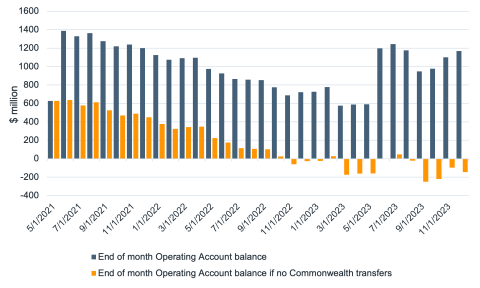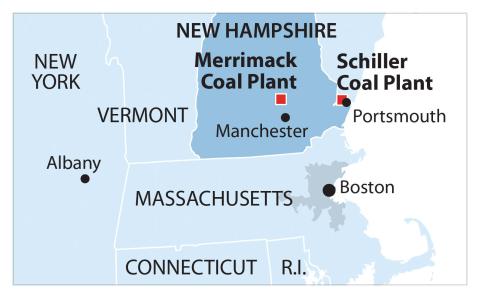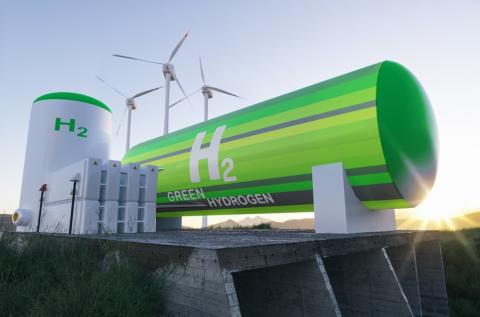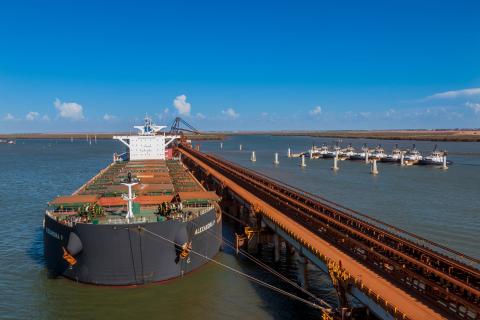IEEFA update: U.S.-Canada trade tensions could scuttle Kinder Morgan sale of Trans Mountain Pipeline
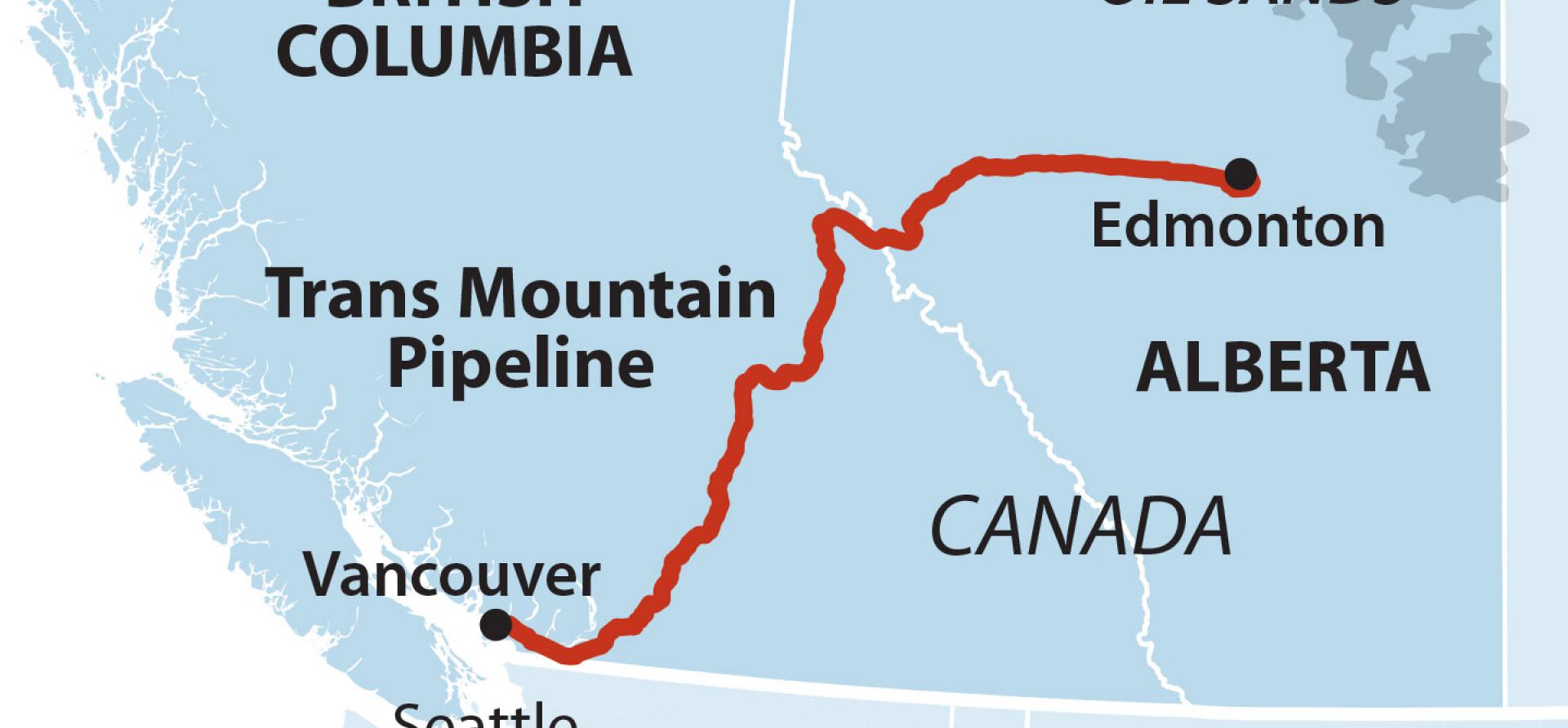
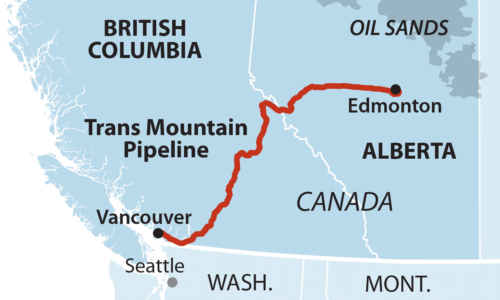 The fate of the unfinished Trans Mountain Pipeline in western Canada may be determined 3,000 miles away — in Washington.
The fate of the unfinished Trans Mountain Pipeline in western Canada may be determined 3,000 miles away — in Washington.
The stalled project, designed to link oil-sands fields in Alberta with West Coast ports, would become nationalized under the terms of a deal announced in June that would have the Canadian government buy the pipeline and related assets for $3.5 billion (C$4.5 billion) from Houston-based Kinder Morgan. The sale would net a $3 billion (C$3.9 billion) profit for the company and its Canadian subsidiary.
The hitch: The U.S. government must approve the acquisition, and it might not do so if festering trade tensions between the Trump and Trudeau administrations prevail.
Two U.S. approval processes are needed before the sale — whose related assets include the existing Puget Sound Pipeline, which crosses the U.S.-Canadian border — can close.
One requires review by the Committee on Foreign Investment in the United States, an interagency, cabinet-level panel charged with addressing any national security concerns around such deals. The other involves certification by the State Department through a “presidential permit” review meant to protect the national interest.
Silence from Ottawa and a closing-delay announcement are signs that a deal is not on track.
In effect, the president has final say on both processes.
While Congress and the executive branch have been working for years to make such approval processes more business- and ally-friendly, current tensions between the two countries are creating uncertainty around what once might have been routine approvals. The Obama administration took a hands-off policy in this area, except in extraordinarily high-profile matters like the Keystone XL pipeline.
Neither side of the Trans Mountain transaction has offered a full description of the deal to the public. And while the Puget Sound Pipeline could, in theory, be taken out of the deal, there remains a very real risk that the U.S. might scuttle the whole thing.
Skittishness over the deal is already apparent. Kinder Morgan’s latest earnings release suggests that the date for the closing—which the Canadian government said originally would be this month — has since been pushed back until late in the third quarter or early in the fourth quarter of this year, according to a Kinder Morgan filing (the Securities and Exchange Commission requires such disclosures to shareholders).
The Canadian government has promised an independent diligence review of the proposed transaction, and the immediate question on that point that comes to mind is this: Where is the review, and what does it say about conditions that must be met prior to the release of the $3.5 billion (C$4.5 billion) to Kinder Morgan?
Such a review would presumably assess the full spectrum of internal and external approvals needed to close. It would say also whether the Canadian government would need new budgetary authority to act or require a special purpose crown corporation be formed to close the deal.
THE CANADIAN GOVERNMENT HAD HOPED FOR A QUICK TRANSACTION OF THE TYPE that would let it sell the project to a third party while avoiding scrutiny around public takeover of a controversial project mid-build — when financial, political, and regulatory risk is highest.
The market signal — Kinder Morgan’s failure to find a private-sector buyer — is a warning that highlights the need for enhanced diligence to ensure that the Canadian public is getting fair value for its considerable investment.
Silence from Ottawa and a unilateral closing-delay announcement from the company are signs that the deal is not on track. Given the unpredictability of trade wars, it may go off the rails all together.
Tom Sanzillo is IEEFA’s director of finance. Kathy Hipple is an IEEFA financial analyst. This column first appeared today in The Hill.
RELATED ITEMS:
IEEFA report: Fund trustees face growing fiduciary pressure to divest from fossil fuels
IEEFA Update: How Gas and Oil Companies Are Starting to Look Like the Yellow Pages (Remember Those?)




